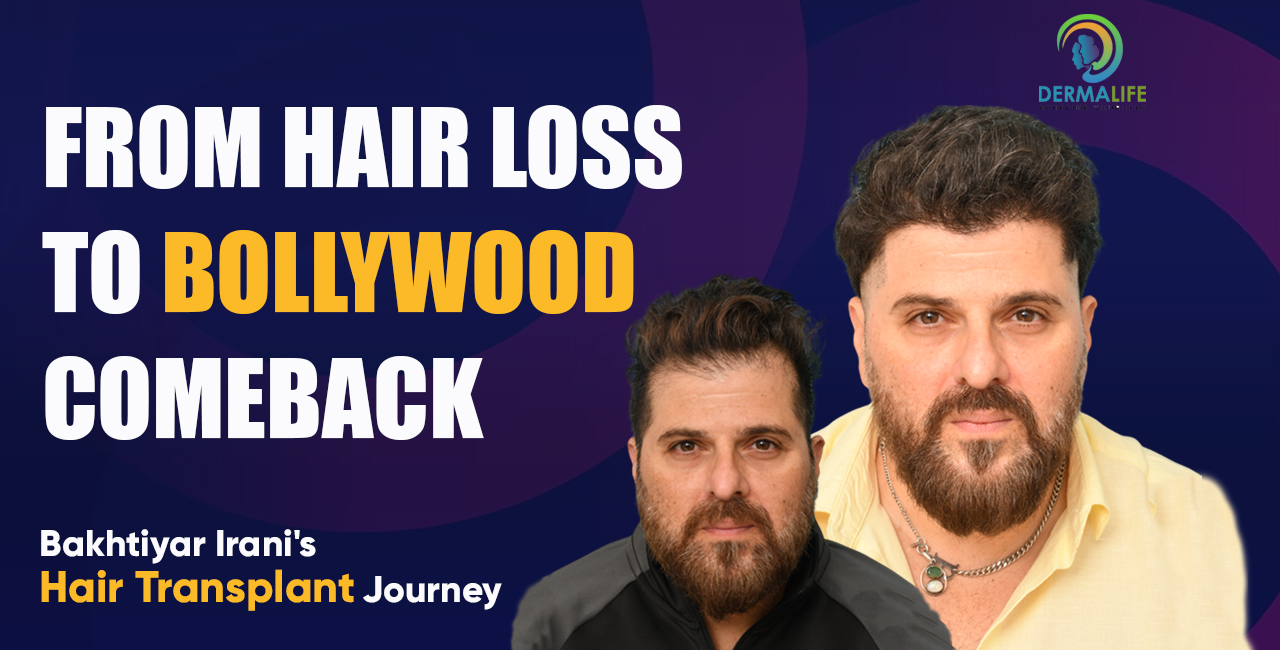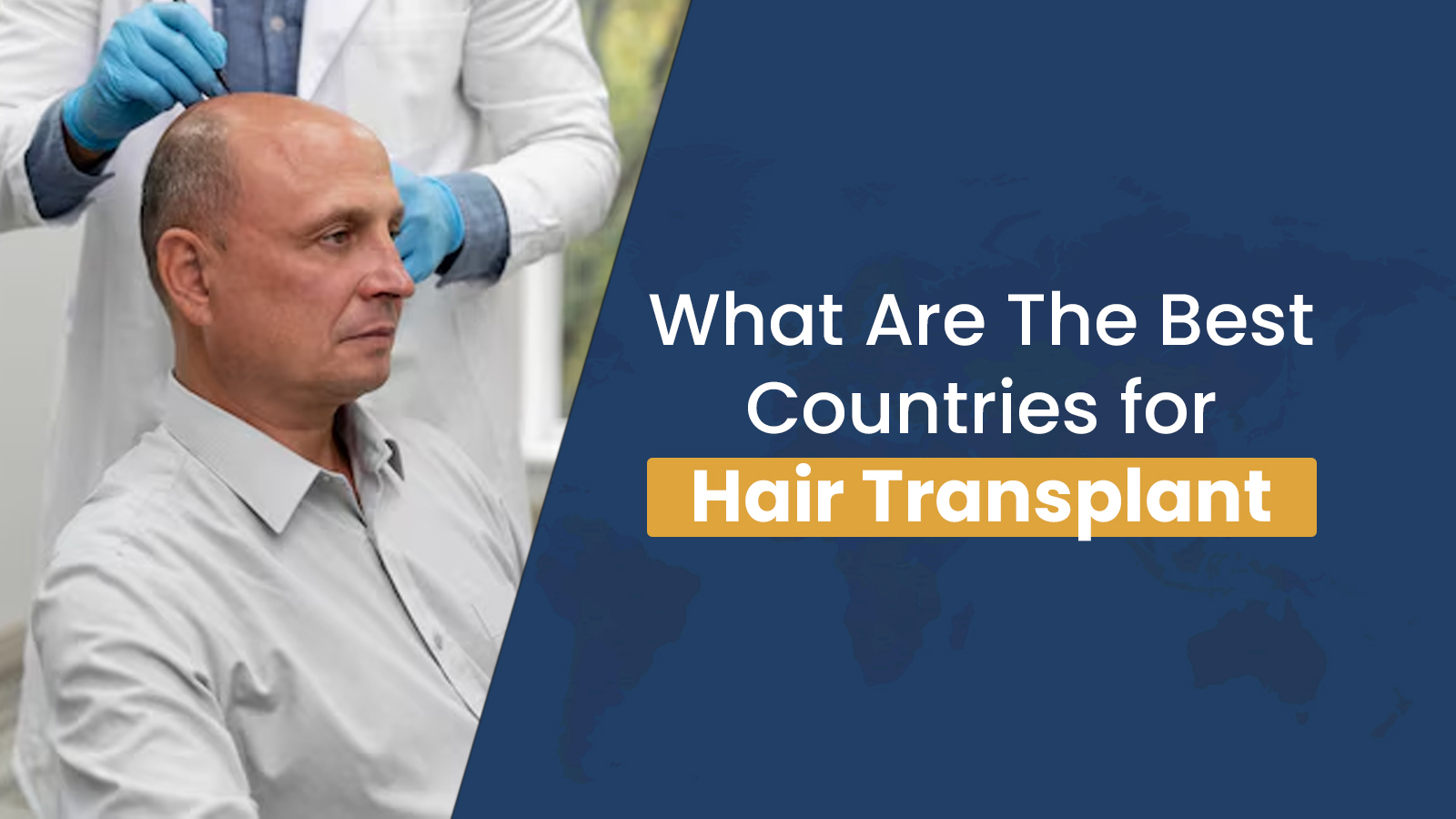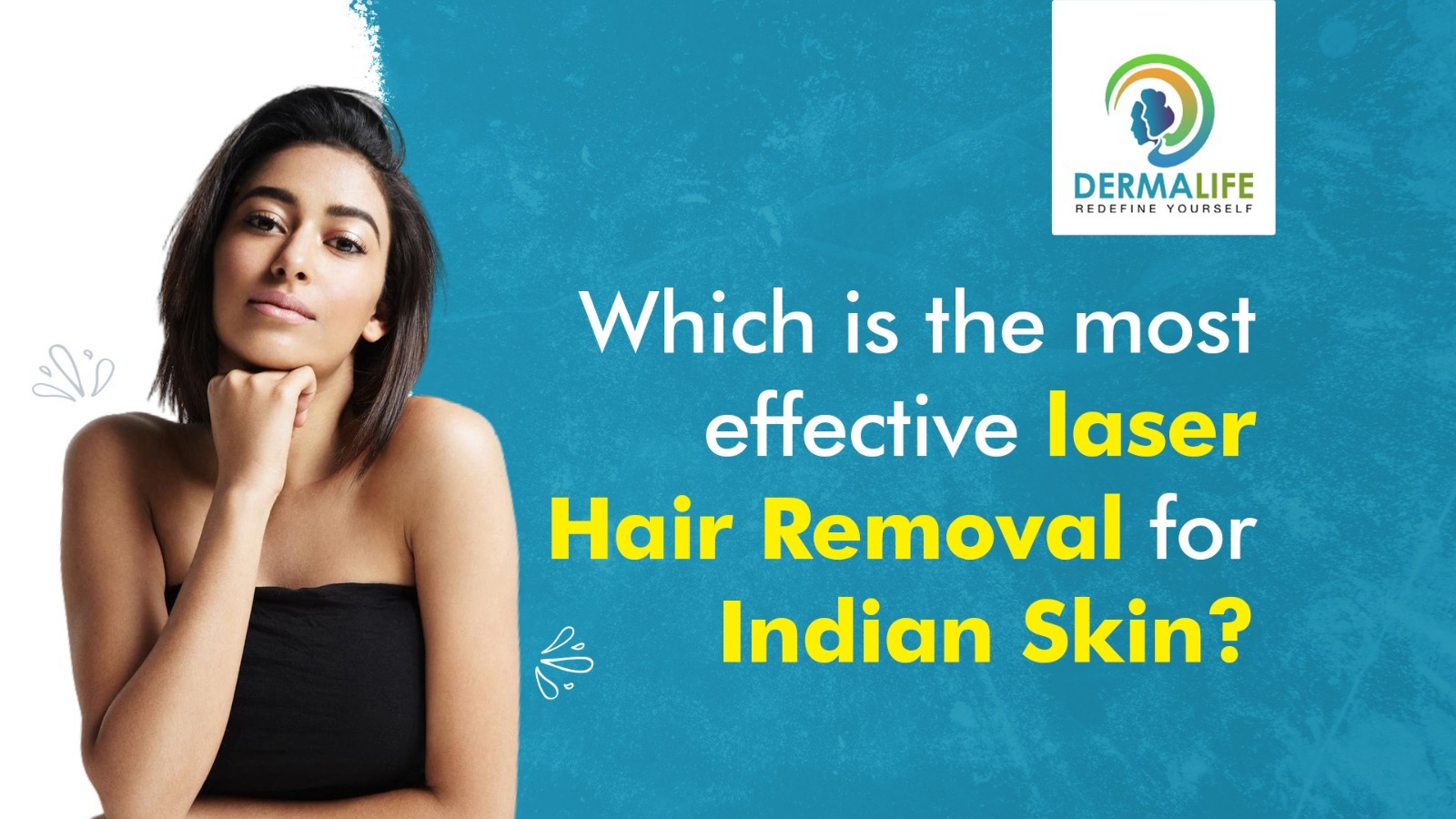The food you eat has a major effect on your hair health. After the hair transplant, your food habits may alter your hair transplant result. Thus, what to eat after a hair transplant and food to avoid after a hair transplant are something that you should take care of.
With hair loss becoming a major issue for both men and women, hair transplant procedures have become fairly common. A hair transplant procedure offers you permanent and natural-looking hair restoration results.
The overall procedure is safe, painless, and provides swift recovery. Nowadays, numerous individuals are undergoing the boosted FUE procedure to counter hair loss. Boosted FUE overcomes the limitations of traditional hair transplant procedures and is more convenient.
The most effective way to experience positive results after a hair transplant is to follow aftercare instructions. Any medical procedure heals more quickly if you get sufficient rest. Although hair transplantation has become much more common these days, your scalp needs a healthy dose of nutrients to heal.
It is essential to know about diet after a hair transplant procedure. Usually, it takes six months for the proper growth and development of the roots. Adopting a healthy nutrition program will help in boosting the recovery process. Here are some of the vital nutrients and vitamins that a patient should consume after a hair transplant.
Foods to Avoid After Hair Transplant Surgery
- Avoid eating fast food items and processed foods, as these are typically devoid of nutrients and full of empty calories.
- Avoid aerated drinks, soda, processed juice, baked goods, and other foods that contain lots of sugar. High blood sugar levels will prolong your recovery experience.
- Avoid consumption of alcohol or smoking as it can interfere with the healing process.
- Caffeine intake: Drinking coffee before and after a hair transplant is possible, but the caffeine contained within the coffee may have a few negative impacts related to your blood pressure and may result in a little more bleeding during the transplant procedure. So, avoid coffee 2-3 days before and after surgery.
- Patients are often confused about eating spicy food. Doctors suggest avoiding spicy food that will make your head sweat more. This is because excessive sweating harms your new hair grafts.
Foods That Are Healthy for Hair Regrowth
Water is the Integral Component of your Diet after Hair Transplant
Though It is uncommon for you to experience “shock hair loss” after a hair transplant procedure. This phase typically occurs in the first two months. A nutritious diet is known to reduce the surgical shock in the scalp area. After a hair transplant, the most important component of your diet is water.
It is essential to drink at least nine glasses of water to keep your hair healthy. Water is also critical for regulating your blood pressure. Drinking water can decrease hair loss due to a dry scalp.
Intake of B-complex vitamins helps with Hair Growth and Wound Healing
B-complex vitamins play a fundamental role in hair growth. The B-complex vitamins like B7 and B-12 can also assist in clotting during the wound healing process. The B-complex vitamins are integral to the metabolism of fat and protein.
After a boosted FUE procedure, dermatologists recommend including B-complex vitamins in the diet. Some food items rich in B-complex vitamins are bananas, brown rice, eggs, chicken, etc.
Significance of Protein-Rich Food Items after Hair Transplant
Hair is structurally made of protein. To promote the growth of new hair, you should consume protein-rich food in optimum quantities. Ensure to eat a variety of protein sources that are rich in essential amino acids. Try to include chicken, eggs, raw nuts, and milk in your diet.
Consumption of Zinc can Help Prevent Hair Loss after a Transplant
Doctors opine that loss of zinc in the body can make your hair loss issues worse. It is necessary to include zinc in your daily diet after a hair transplant surgery. Zinc plays a vital role in repairing tissues. It also increases the production of collagen and helps with cell multiplication.
After an FUE hair transplant procedure, you need proper protein synthesis. Zinc boosts your body’s capability to synthesise protein. It also aids with the adequate absorption of vitamins. Food items rich in zinc are beef, cashews, pumpkin seeds, spinach, etc.
Iron-Rich Foods Boost Oxygen Flow
A deficiency of iron in the human body can promote hair loss. And if you have just undergone a hair transplant surgery, it is necessary to consume iron-rich food items. Iron can boost the texture of your hair and the flow of oxygen to the scalp. The proper flow of oxygen to the scalp is essential in promoting its healing. Iron can also enhance your immunity. Spinach and beans are the best food items rich in iron.
The Significance of Folic Acid
Folic acid is also vital for growing healthy hair. One of the key highlights of folic acid is that it supports your hair structurally. Folate is a naturally growing ingredient present in numerous green vegetables and fruits. In most cases, your dermatologist may recommend folic acid tablets for boosting hair growth after the procedure.
Omega-3 Fatty Acids
After undergoing a hair transplant surgery, it is necessary to include omega-3 fatty acids in your diet. Fish is known for its rich nutrient value and contains omega-3 fatty acids in abundance. Salmon and other similar fish comprise many essential nutrients that contribute to healthier hair follicles.
These nutrients can also improve the appearance of your hair. Incorporating seafood into your diet will boost the recovery process.
Vitamin D and its Importance
Hair follicles can get sensitive to hormonal fluctuations in your body. Research studies indicate that vitamin D can be beneficial in activating the growth of hair follicles. Moreover, dermatologists believe that the leading cause of alopecia is due to the deficiency of vitamin D.
Therefore, patients undergoing FUT, FUE, and boosted FUE hair transplant procedures should take vitamin D in optimum quantities. Food items like fish, salmon, oranges, and mushrooms are rich in vitamin D.
After a hair transplant surgery, you shouldn’t consume spicy dishes. It is also essential to avoid eating fast food. Furthermore, avoid carbonated and sugary beverages. A diet rich in minerals and vitamins will boost the healing process of the scalp. Implementing small changes in the diet will increase hair growth.
Hindi Version – हेयर ट्रांसप्लांट के बाद क्या खाना चाहिए?







No Comment! Be the first one.